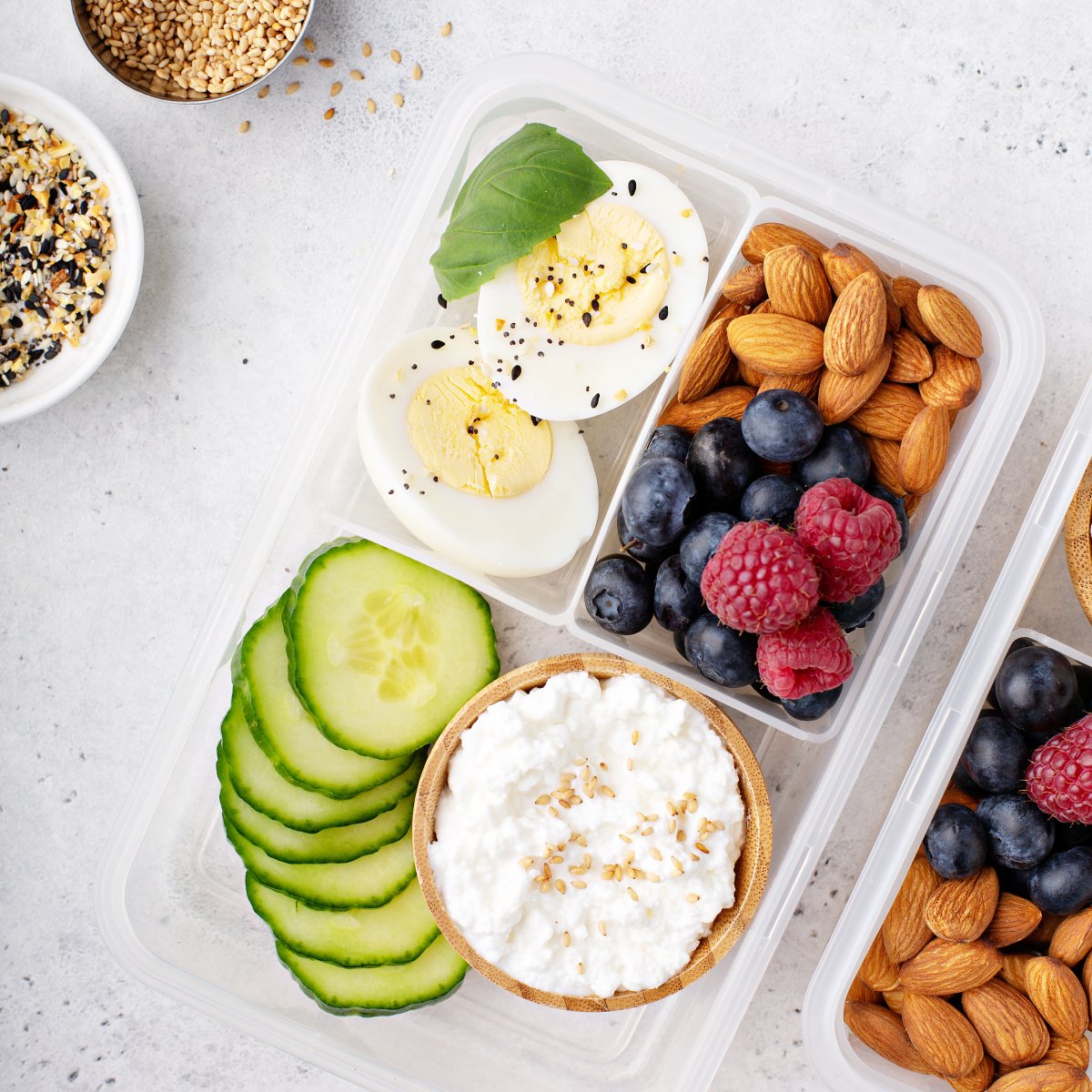There’s this cool nutritional concept making the rounds called “30-30-3” that’s making a buzz, with a whopping 265,000 views on an Instagram video. The video focuses on the basics of nutrition and has sparked a lot of chatter on social media about the impact of a good diet on our health.
Dr. Amy Shah, a double-board-certified doc and nutritionist based in Glendale, Arizona, brought this concept to light. She’s big on clinical medicine and allergy/immunology and insists these nutrition tips should be taught to kids from an early age.

What’s the 30-30-3 Rule About?
In a clip, Dr. Shah, with her teen daughter by her side, answers the question: “What do docs and nutrition experts get that others don’t?” And here’s what she breaks down:
- 30 Grams of Protein in Your First Meal: Kicking off your day with a protein-packed brekkie is key. Shah explains how it helps your gut, cuts cravings, and controls blood sugar. This tip’s especially great for ladies over 35, who need to watch their hormones over the next couple of decades.
- 30 Grams of Fiber Throughout the Day: Fiber is a must-have for a happy gut. Shah mentions that 30 grams of fiber feeds our good gut buddies and keeps us healthy. It’s not just good for digestion but also helps manage blood sugar and keeps you full.
- Three Probiotic Foods Daily: Adding probiotic foods to your diet supports your gut health. These foods are loaded with good bacteria that help your digestion, keep your gut in top shape, and boost your immunity. Shah suggests munching on yogurt, kefir, or sauerkraut to get your probiotic fix.
“This is the plan for top-notch health,” she says in the video.
Here’s what Balls from Consumer Health Digest, a health site, has to say: following “30-30-3” keeps things simple, doable, and not too restrictive.
Going long-term on the “30-30-3” diet comes with perks like better gut health, weight control, a lower risk of chronic diseases, and a positive impact on mental well-being, according to Balls.
Shah also talks about how the “30-30-3” idea ties in with circadian rhythms, which control our body processes, including digestion. She suggests eating in sync with these rhythms, like avoiding late-night noshing and giving your digestive system a break by fasting for 12 to 15 hours.
Boosting Your Protein Intake

Since the video from July 3 has nearly 5,000 likes and over 40 comments, many are curious about meal ideas to hit those targets.
Shah suggests packing your first meal with protein-rich foods like probiotic cottage cheese or a Greek yogurt parfait with nuts and berries. Bacon, eggs, and chicken are also great protein sources to add to your diet.
One user pointed out the lack of this essential nutrition info in our education system, to which another agreed, saying docs should dish out these tips at every check-up.
